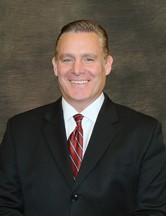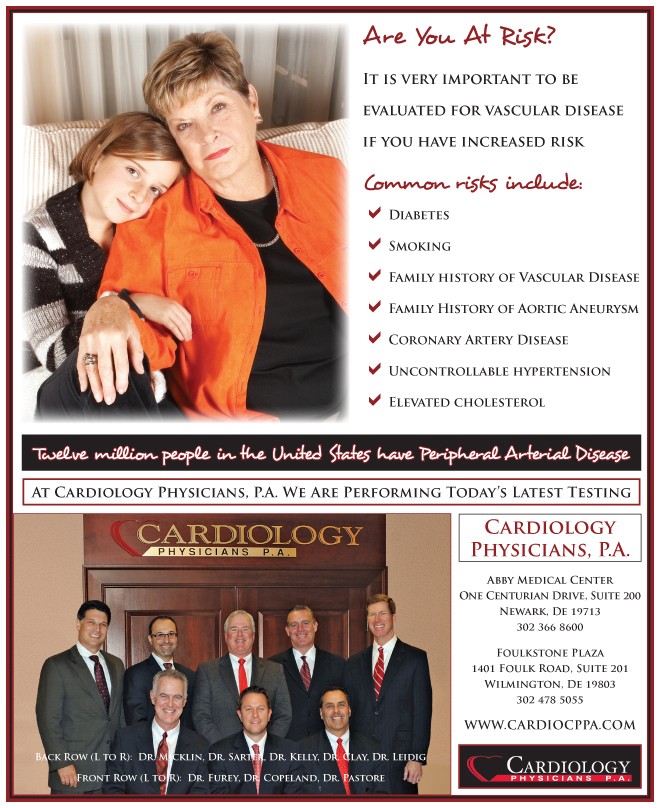“My cholesterol is okay but my triglycerides are high”

By Anthony W. Clay, D.O., F.A.C.C.
When your Doctor checks your cholesterol, your results will include the breakdown of your cholesterol and (goals). This will include your total cholesterol (less than 200), your “bad cholesterol,” LDL (less than 100), your “good cholesterol,” your HDL (greater than 40), and your triglycerides (less than 150).
Triglycerides are a type of fat found in the blood. After eating a meal, any calories that are not used immediately are converted to triglycerides and stored in fats cells.
Triglycerides have been associated with increased risks of atherosclerosis which can lead to heart attacks and strokes. Triglycerides are associated with the metabolic syndrome or the deadly quartet, which includes high blood pressure, high blood sugars, increases waist circumference and high triglycerides. 70 million people in the United States fit these categories and many of them are unaware of it.
Lowering triglycerides by diet is more effective than trying to lower your LDL. Patients who exercise regularly, cut back on carbohydrates, especially sugar, decrease saturated fats, and do not drink alcohol to excess, will lower their triglycerides. The Mediterranean diet and diets high in fish, such as salmon can also help lower your triglycerides.
Your physician may recommend that you be on a statin which has beneficial effects in lowering your LDL and minimal effects on lowering your triglycerides. Your physician may recommend Omega 3 fatty acids/fish oils, or your physician may recommend a medicine called a “Fibrate.” Fibrates do lower your triglycerides and likely lower your risk of certain types of heart attacks, but specific studies in this area have been variable.
Our research department in our office is now involved in an exciting new study that is looking to lower triglycerides but also lower risk factors for heart attack and stroke. It is called the PROMINENT study. The PROMINENT study will have 10,000 patients from around the world and we are doing this in coordination with Harvard’s Brigham and Women’s Hospital. This is a study looking at a Fibrate medicine to reduce triglycerides but also looking at reducing heart attacks and strokes. Patients who have diabetes and a triglyceride greater than 200 may qualify for this study. If you have interest please call our research department 302-999-0507.
The first step in lowering your triglycerides however, is having a lipid profile done by your physician and modifying your diet and lifestyle.
Anthony W. Clay, D.O., F.A.C.C.
After practicing for seven years in Philadelphia, Dr. Clay joined Cardiology Physicians, P.A. in 2003. He is a clinical assistant professor of medicine at Hahnemann University and Instructor of Medicine at Philadelphia College of Osteopathic Medicine. Dr. Clay received both his Bachelors and Masters Degrees from Villanova University. He then went on to attend medical school at the Philadelphia College of Osteopathic Medicine. He did his internal medicine training at Hahnemann University where he was awarded Resident of the Year. Dr. Clay then served as Chief Resident of the Internal Medicine Program. He remained at Hahnemann University for his Cardiology fellowship and served as chief cardiology fellow there.
Dr. Clay has strong interests in teaching. He has been a lector at national conventions regarding congestive heart failure and coronary artery disease. He continues to teach regularly at medical schools in Philadelphia and has been a preceptor for hundreds of medical students.
Dr. Clay has also served as chairman of the Physician’s Fund Raising Committee for the American Heart Association, Southeastern Pennsylvania Chapter. He is a member of Alpha Omega Alpha honorary medical society and the Pennsylvania and Delaware medical societies. He is also a member of the American College of Cardiology and the American Heart Association. Dr. Clay has a special interest in consultative cardiology as well as echocardiography, nuclear cardiology, CT angiography and congenital heart disease.
Dr. Clay was born in Delaware County and is one of ten children. He was married in 1987 and lives with his wife Bernadette. They have three sons, Anthony, Luke and Blaise. Dr. Clay enjoys all sports, especially coaching and playing basketball, rowing and scuba-diving. Dr. Clay also enjoys reading, movies and travel.





